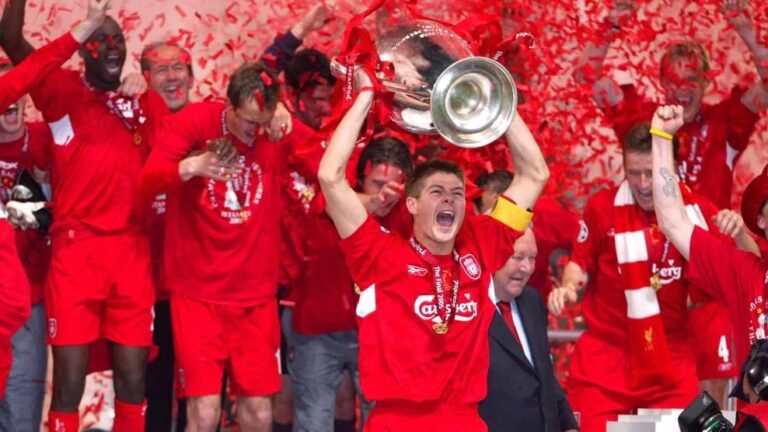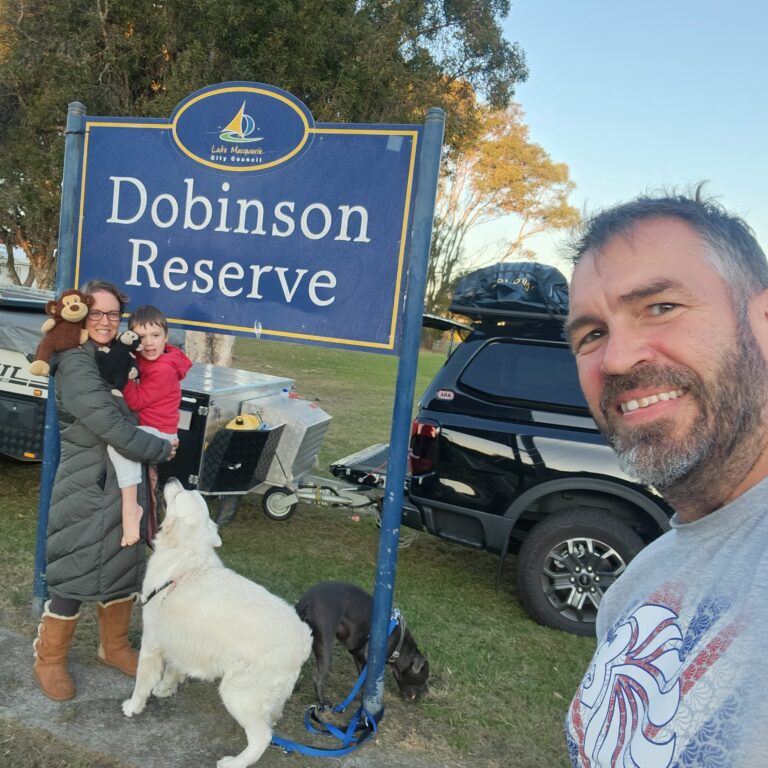Why I Write (and Why I Don’t Need Anyone’s Permission)
There’s a quiet power in sitting down to write, even when the destination is unclear.
I don’t write because I have all the answers — I write because I don’t.
More often than not, it’s the act of writing that helps me figure out what I really think, as the words begin to take shape on the page.
This blog, pauldobinson.com, is my creative outlet. My way of slowing down and making sense of the chaos — in business, in tech, in life. It’s not polished or performative. It’s real. It’s mine.
Finding My Creative Outlet in Language
When I was 18, I spent more money than a teenager probably should on creative writing courses that promised to turn me into a professional author. I never finished them. Life got in the way — as it tends to do.
But the urge to tell stories never left.
While my wife — and now our son — bring ideas to life through painting and drawing, I’ve always been drawn to words. I love the way they carry nuance. The rhythm of a sentence. The double meanings. The power of a well-placed phrase to shift perspective or spark emotion.
I’m no master — but that’s not the point.
Writing is like football for me. I’m not playing for trophies. I’m in it for the love of the game. Practicing moves. Trying things out. Learning as I go.
And that same exploratory spirit shapes how I approach writing itself.
I still remember us packing for a year abroad — my wife carefully rolled every t-shirt into tight little tubes. I took a different approach: pile it all in, zip it up, sort it later.
That slightly chaotic yet ultimately effective method mirrors how I often write.
When I was doing my MBA, if an assignment had a 5,000-word target, I’d write 10,000. Then I’d refine, strip it back, and reshape it — keeping the essence, cutting the clutter. It’s a process of writing long to get to the point.
“I would have written a shorter letter, but I didn’t have the time.”
— Blaise Pascal
That quote lives rent-free in my head every time I edit. And while my blog posts usually start more lean and direct, I love the variety — some days it’s longform, some days it’s a single idea captured on the go.
Writing on the Move, Writing in the Moment
My writing rarely follows a routine. I write when the energy’s right.
On the bus. After a run. In the middle of the night when something just clicks. I’ll often ping myself voice notes or messy bullet lists, knowing I’ll return to shape them into something worth sharing.
Some pieces come together in minutes. Others hang around in drafts for weeks before they finally find their rhythm.
But they all start the same way — with the urge to create something from nothing.
Writing as Therapy, Storytelling as Clarity
Writing helps me slow down. Process. Reflect.
When I’ve felt stuck in a rut at work, writing about it has helped me understand why. When I dragged myself through a half marathon I hadn’t trained properly for, writing helped me unpack what grit really means — in sport, in life, and in business.
It’s a release valve.
And sometimes, it turns fog into focus.
Leaving Breadcrumbs — For Myself and Maybe for You
Part of me writes for my son. Part of me writes for the version of me who might reread this years from now and remember what mattered.
And part of me writes for the stranger who stumbles across a post and thinks, “That’s exactly how I feel — I just hadn’t put it into words yet.”
That’s the unexpected power of storytelling — it connects people, even in silence.
Even across time.
No Permission Needed
In a world full of gatekeepers — bosses, publishers, algorithms — writing gives me total creative freedom.
No deadlines. No approvals. No brief.
Just curiosity and a keyboard.
No one asked for this. No one needed it.
And that’s precisely the freedom I find in writing.
What About You?
If you write — or have thought about writing — what’s your reason?
Leave a comment, drop me a message, or just open a blank page and start.
No permission needed.







